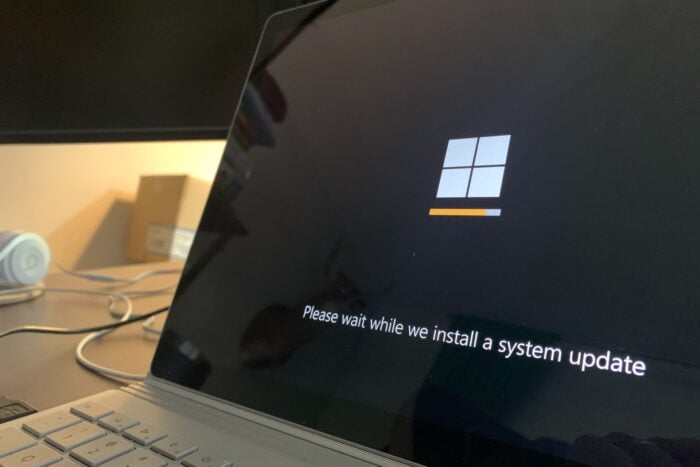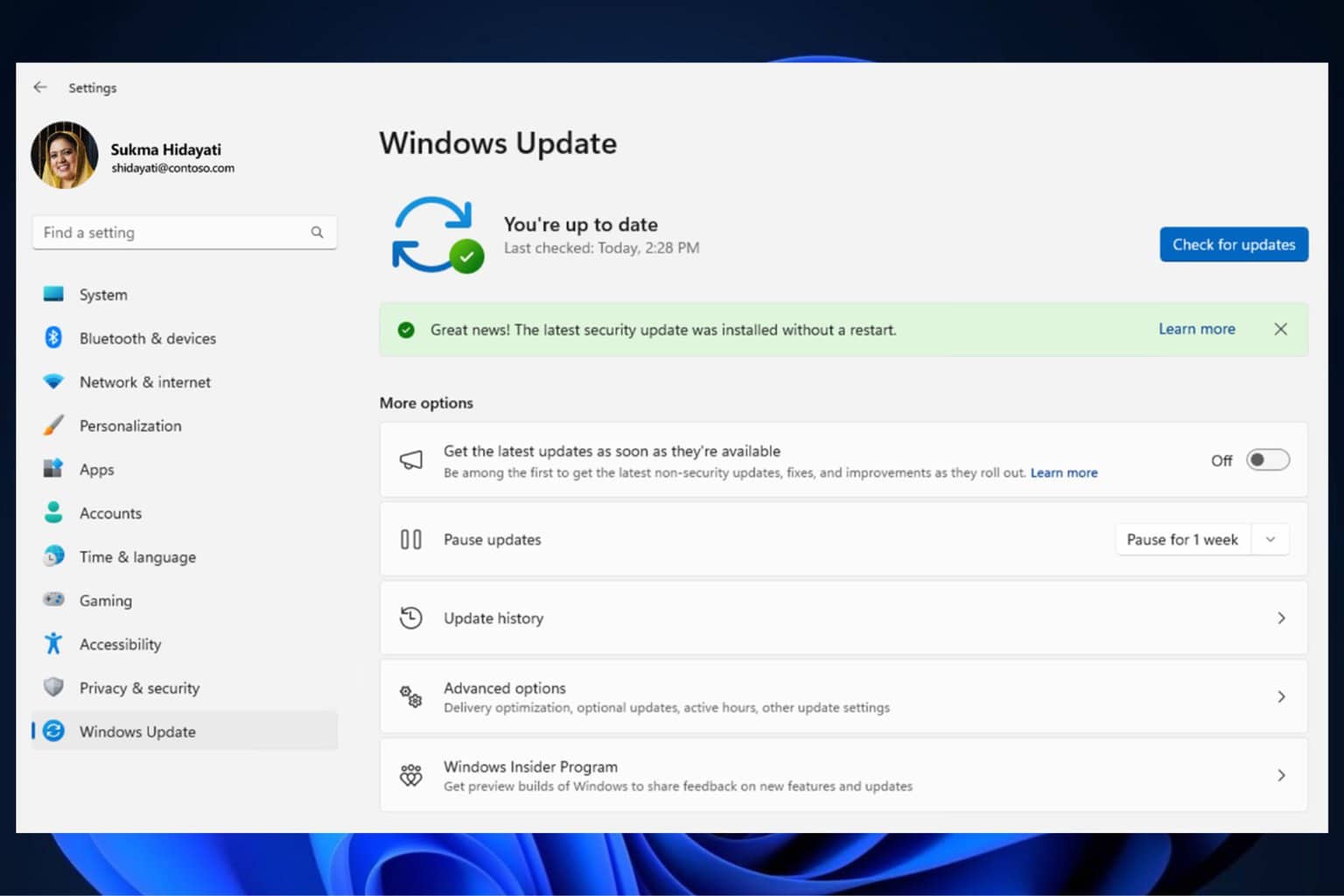Here are two key changes announced for next-nen Windows 11's hardware drivers
Windows Device metadata and Windows Metadata and Internet Services (WMIS) are deprecating
3 min. read
Published on
Read our disclosure page to find out how can you help Windows Report sustain the editorial team. Read more

Yesterday, Microsoft quietly confirmed two important changes that will directly affect how Windows 11 hardware drivers are built and tested.
As you may know, Microsoft has been pushing hard to modernize Windows. With big updates coming in Windows 11 24H2 and Server 2025, some older systems are being phased out.
Here’s what is changing for Windows 11 hardware drivers
First, Microsoft is officially retiring Windows Metadata and Internet Services (WMIS) and device metadata support. Second, it’s changing how pre-production drivers are signed—a process that’s critical for partners who test and validate hardware before public release.
In a new blog post, Microsoft talked about Windows Metadata and Internet Services (WMIS) and noted:
Device metadata and the Windows Metadata and Internet Services (WMIS) are being retired as of May 2025, and no new packages will be delivered to Windows clients via WMIS. In Partner Center, device metadata experiences cannot be created, modified, or promoted. New device metadata submissions will fail. Existing device metadata packages on Windows clients will remain on the client.
Between now and December 2025, partners can continue to use Partner Center to view and download previously signed device metadata packages.”
For the uninitiated, device metadata refers to XML-based files that define user-facing details—icons, names, descriptions—associated with hardware devices. Introduced with Windows 7, these files helped improve how devices showed up in Windows UI tools like Device Manager.
Microsoft will now block new metadata submissions. After May 2025, WMIS stops delivering anything new to clients. By December 2025, partners will only be able to view or download old packages. Microsoft now recommends using INF files instead.
Also read: Microsoft fixes Group Policy bug that prevented Windows 11 24H2 installation
Pre-Production Driver Signing Changes
Microsoft also confirmed that the certificate authority currently used for signing pre-production drivers—PCA 2010—is set to expire in July 2025.
The CA that is used to sign the binaries for use in pre-production environments on the Windows Hardware Program is set to expire in July 2025, following which a new CA will be used to sign the pre-production content starting June 9, 2025. There are some important points that partners must take notice of, following this change:
- From now on, the expiry of the signed content will not be tied to the expiry of the underlying CA. This means that any pre-production driver signed after June 9, 2025, will not come with an expiry date. This is unlike today, where preproduction content expires along with the expiration of the certificate that signed it.
- Drivers signed before June 9, 2025, will expire on July 6, 2025, as is the current model.
- April 22, 2025, May 13, 2025, and June 10, 2025 - Windows servicing releases (4D/5B/6B) ship to in-market platforms (down to Windows Server 2008) to remap existing CAs to their new CAs in WDAC/Application Control for Business policies. Partners must make sure to install these Latest Cumulative updates (LCUs) to add trust for the new preproduction signer (Microsoft Windows Component Preproduction CA 2024) to the kernel.
That’s it. These changes are now on the timeline, and partners will need to update their processes accordingly.








User forum
0 messages